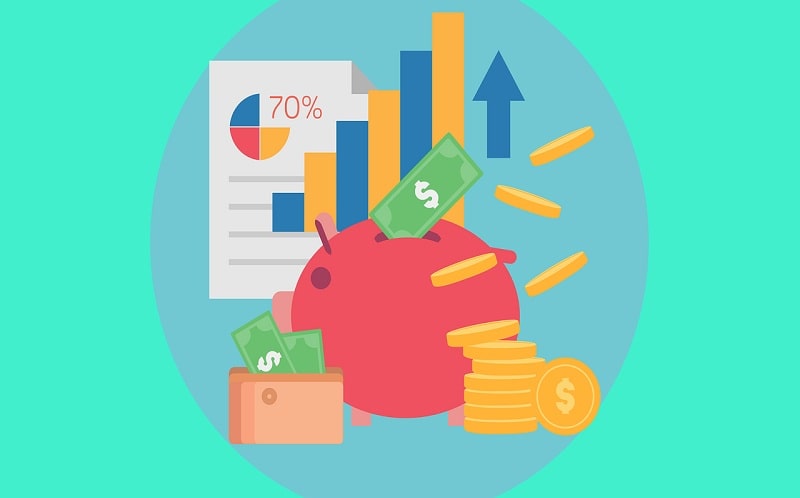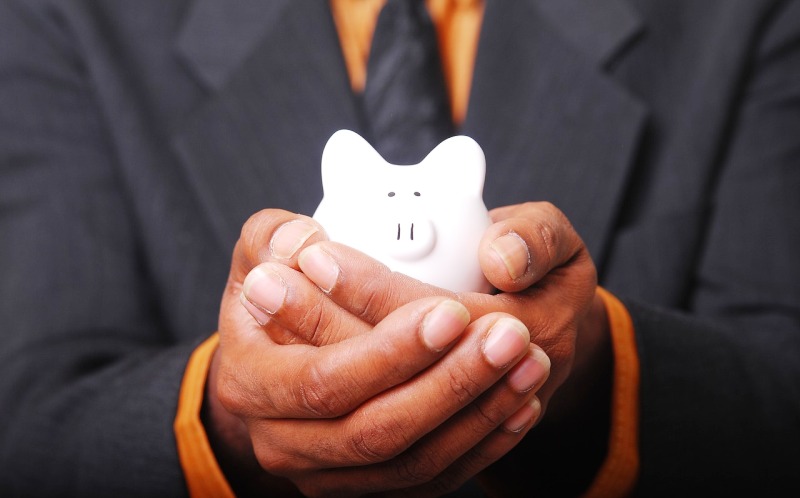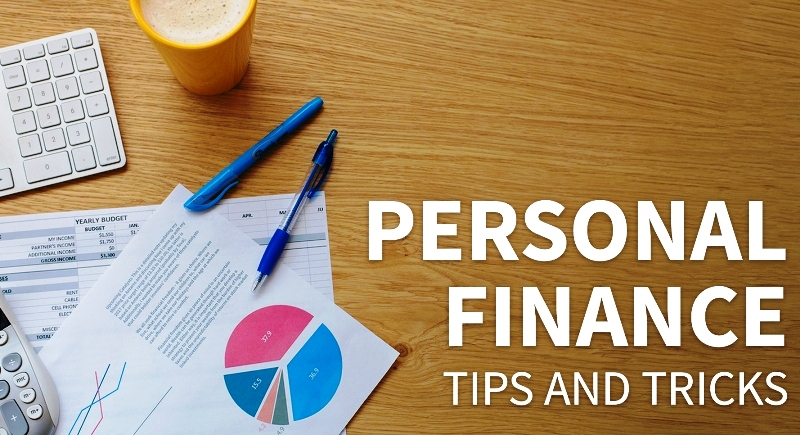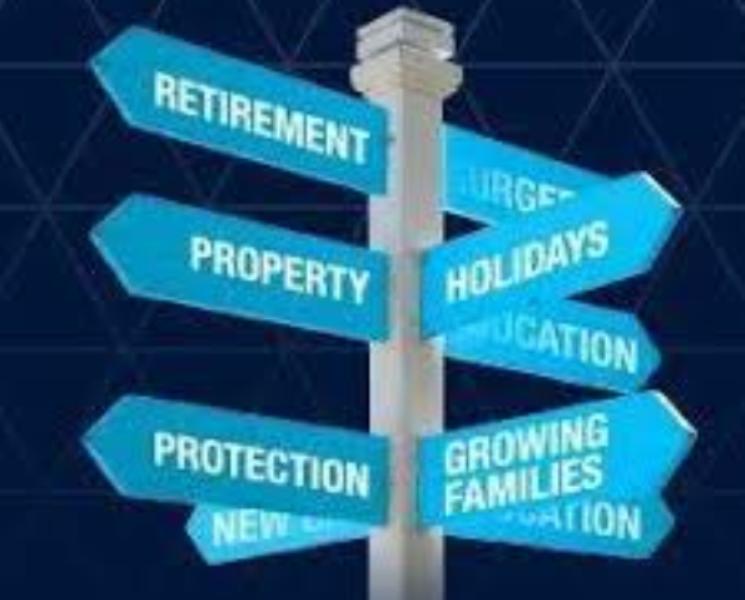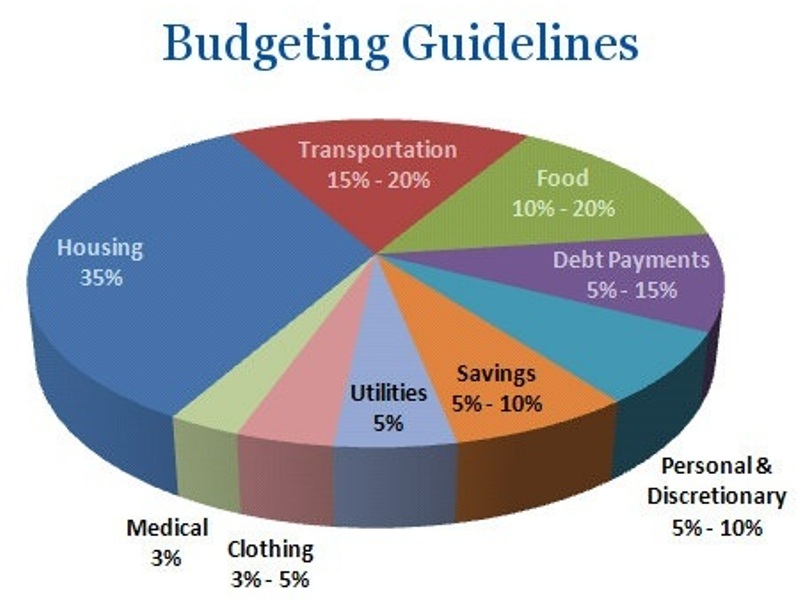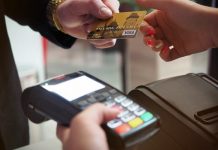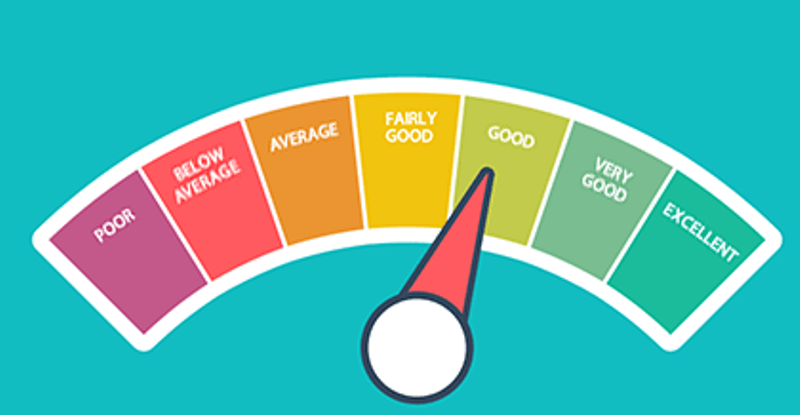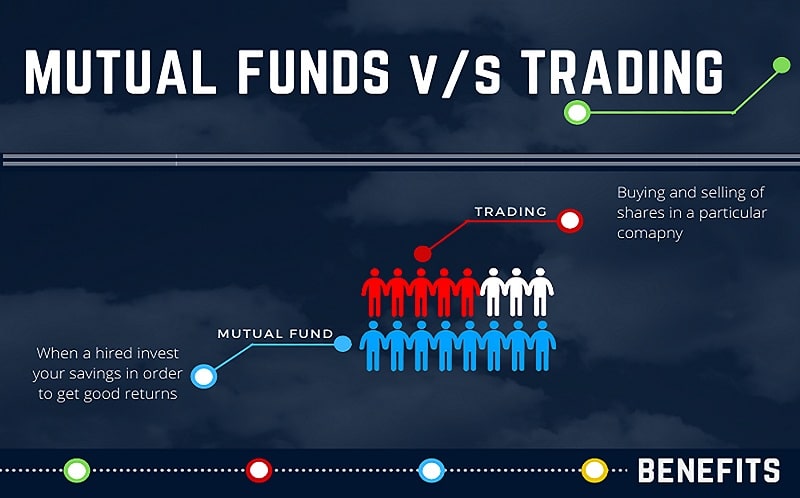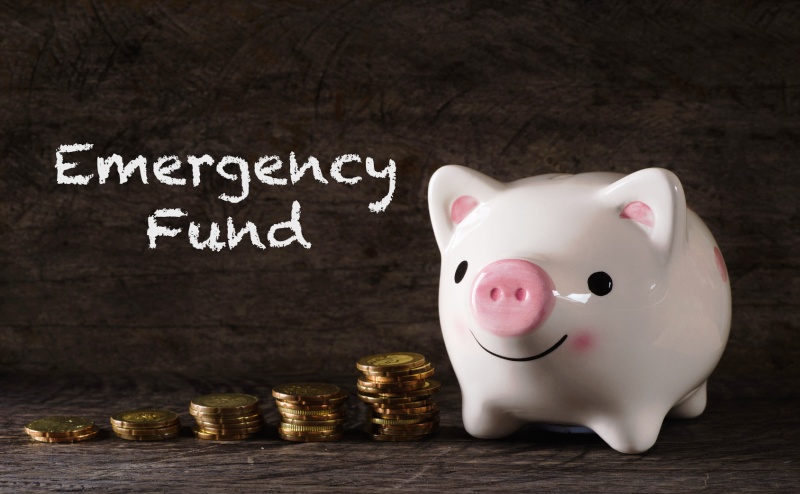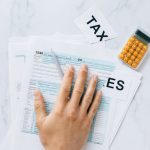You must know that creating and optimally managing an emergency fund is an indispensable component if you want to implement a complete and prudent financial management. In fact, the management of the unexpected and the emergencies must not create worries in your personal economy and in your plans for the future.
An emergency fund is nothing more than a certain amount of money that has been placed by parties to cope with unexpected expenses and events of an economic nature, of course, you cannot predict the extent or when they will occur.
It is really of fundamental importance to have one and if you do not have it, it is absolutely necessary that you do it by following the advice you find in this article.
In detail, we will discuss here how much money you should put in your personal emergency fund so that it can really protect you from an event and some trick to create it quickly from scratch. The best time to create this reservoir is today. So if you do not have it, do not wait and do it right now because it could save your life.
Emergency fund, the best type of insurance
An emergency fund can be defined as the best type of insurance, which serves to cover many of the unexpected expenses of life. But instead of buying a policy from an insurance company, the consumer can himself set aside a monthly premium into a special savings account. However, you have to make sure you do not withdraw money unless you are facing a real financial emergency. When you really need money, you can safely access the account, since the liquids have been kept well in advance.
How much should you save?
Firstly, the monthly expenses will have to be calculated. So, depending on the financial expert you choose to listen to, you decide to save from a margin of three to 24 months in your emergency fund.
The opinions are diverse on the figures to be set aside. Some experts assure that there is a need to calculate expenses such as rent or mortgages, bills, and groceries, while others argue that just enough money is needed to maintain the usual standard of living. The amounts vary so much because it depends on factors such as personal risk tolerance and other financial security networks that you have.
How large must a safety fund be?
It depends on individual cases. If you already have a disability insurance policy that will start to pay a significant percentage of your salary after an accident, then you can feel comfortable if you invest little money in the emergency fund. Some people may also feel comfortable relying on economic assistance from the family. However, it is not possible to choose which kind of emergency you are forced to face. In many cases, insurance does not cover everything. A relative who may be willing to lend money may not even have it when he really needs it.
Credit cards as an emergency fund
Relying on credit cards in an emergency is a bad idea. Above all, because the bank could lower the credit limit, leaving less room for maneuver than expected. And even if that credit was available when needed, which consumer really wants to suffer the double burden of an unexpected expense and have to pay interest on it?
When you have an emergency fund instead, you lend money to yourself. There are no interests, taxes or debts to worry about. An emergency fund allows you to get out of a period of financial difficulty with the least possible damage.
Once the crisis is dealt with, it is important to replenish your emergency fund. Just start to save a little every month and in the end, without realizing it, the fund is replenished.
The probable financial emergencies
It is important to be able to distinguish between a real financial emergency and a casual one. Unemployment, medical emergencies, essential car repairs, home repairs, and unexpected tax costs these are considered to be real financial emergencies.
It goes without saying that it is not wise to use your own emergency fund for leisure or luxury purpose like going on holiday, buying new clothes, getting married or paying a down payment on the house.
Conclusion:
All personal finance experts agree on a key point: it is necessary to have an emergency fund. The more financially comfortable you are, the more room for maneuver you will have in your emergency fund. Ultimately, the best way to be prepared for unexpected expenses is to rely on yourself, and an emergency fund is the best way to do it. It is important to balance the emergency fund with other financial priorities, such as debt to be paid and savings for retirement. One must keep in mind a very important fact: an emergency fund is just one component that makes one’s overall financial situation healthy. It is essential, in fact, when an economic difficulty arises, to be able to promptly address an immediate solution that allows us to face the moment with due serenity.





